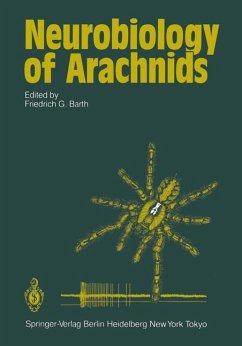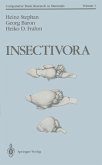Arachnids rarely come to mind when one discusses arthropod neurobiology. In fact much more is now known and written about the nervous systems of insects and crustaceans. Several arguments have led us to conclude, however, that the time has come to document impor tant aspects of the neurobiology of spiders, scorpions, and their kin, as well. Studies of arachnid neurobiology have made considerable progress since the last comprehensive treatment by Bullock and Horridge in their monumental monograph on invertebrate nervous systems pub lished in 1965. This is especially true for research performed in the last decade. Several problems related to the structure and function of arachnid nervous and sensory systems have now been studied in con siderable depth but have so far not been given adequate space under one cover. A particular incentive to produce this book has been the impor tance attributed to comparative approaches in neurobiology. Neglect ing a large taxonomic group such as the arachnids - which comprises some 60,000 species living a wide range of different lives - would mean ignoring an enormous potential source of knowledge. In writing the chapters of this book we have striven to present some of the unique features of the arachnids. But the result of our efforts is not just meant to contribute to an understanding of the particularities of the arach nids.
Hinweis: Dieser Artikel kann nur an eine deutsche Lieferadresse ausgeliefert werden.
Hinweis: Dieser Artikel kann nur an eine deutsche Lieferadresse ausgeliefert werden.








